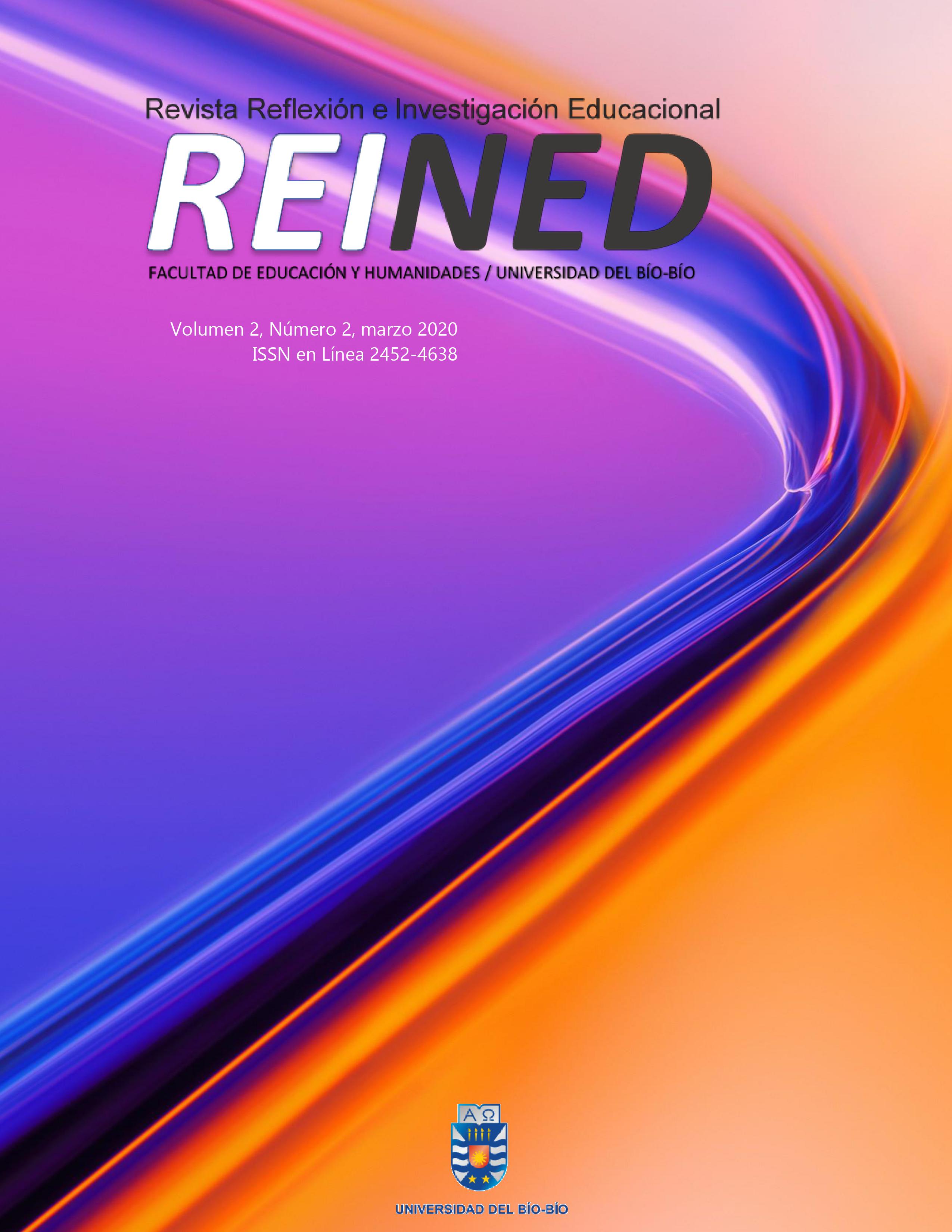School experience as a dimension generating interest in the teaching profession
Main Article Content
Abstract
The interest in knowing the characteristics of suitable students for the conformation of teaching teams has generated interest in educational research focused on identifying potential traits according to the pedagogical professional profile. A relevant aspect in the identification of interest in the teaching profession are the school experiences that promote, within the students’ academic trajectory, a generating environment of sympathy and taste for the teaching career and its professional role. This study presents results based on the proposed topic. Additionally, the research has been carried out within the framework of a program of special access to teaching programs, implemented in a state university in the Ñuble region in Chile, and in which students who belong to this program participated. The objective of the research is to identify the experiences that generate interest in the profession; therefore the methodology considers a qualitative structure, with a phenomenological approach, which seeks to investigate the meanings participants make regarding their main reasons. The data analysis has allowed the emergence of categories that respond to the objective proposed in the research and that considers the school experience as a foreseeable generating dimension of interest.
Article Details
References
Biblioteca del Congreso Nacional (BCN). (2011). Modifica Decreto Nº 337, de 2010, que reglamenta el programa de becas de educación superior año 2010. Disponible en: https://www.leychile.cl/Navegar?idNorma=1026300
Biblioteca del Congreso Nacional [BCN]. (2014). Política Nacional Docente en Singapur. Informe. En Biblioteca del Congreso Nacional, [en línea]. Disponible en https://www.camara.cl/pdf.aspx?prmTIPO=DOCUMENTOCOMUNICACIONCUENTA&pr mID=6759
Brown, M., Lum, J. y Voyle, K. (1997). Roe Revisited: A Call for the Reappraisal of the Theory of Personality Development and Career Choice. Journal of vocational behavior, 51, 283-294. Disponible en: https://www.sciencedirect.com/science/article/abs/pii/S0001879197915839
Cirino, G. (2013). Origen, desarrollo y naturaleza de los intereses, Estados Unidos de América: Palibrio.
Gimeno, J y Pérez, A. (2008). Comprender y Transformar la enseñanza. España: Morata.
Gimeno, J. y Pérez, A. (1996). El aprendizaje escolar: de la didáctica operatoria a la reconstrucción de la cultura en el aula. En Pérez, A. (Eds), Comprender y Transformar la enseñanza (pp. 6-17). Disponible en: http://www.terras.edu.ar/biblioteca/5/5GIMENO- SACRISTAN-Cap-3-Jose-PEREZ-GOMEZ-Angel-.pdf
Hargreaves, A. (1996). Cuatro edades del profesionalismo y del aprendizaje profesional. Seminario Internacional sobre Formación Inicial y perfeccionamiento Docente. Santiago, Chile. Disponible en: http://bibliodiversa.todomejora.org/wp- content/uploads/2016/11/121_HARGREAVES_aprendizaje_prfesional.pdf
Kvale, S. (2011). Las entrevistas en la investigación cualitativa. Madrid: Ediciones Morata.
Martínez, O. (2011). Monografía. Modelos educativos innovadores: pensamiento crítico y creatividad. Disponible en: https://www.monografias.com/trabajos35/modelos- educativos/modelos-educativos.shtml
Meadow, L. (1955). Toward a theory of vocational choice. Journal of Couseling Psychology, 2(2), 108-112. Disponible en: https://psycnet.apa.org/record/1956-03025-001
Pérez, A. (1997). Socialización profesional del futuro docente en la cultura de la institución escolar: El mito de las prácticas. Revista Interuniversitaria de Formación del Profesorado, (29), 125-140. Disponible en: http://www.aufop.com/aufop/uploaded_files/articulos/1507076805.pdf
Pérez, L. (2014). Análisis de las pruebas de acceso a la formación de docentes en España y Finlandia: conocimientos o competencias. Revista Complutense de Educación, 26 (3), 591-609. Disponible en https://revistas.ucm.es/index.php/RCED/article/view/44448
Restrepo, P. (2014). Investigar las experiencias en lo escolar: voces y cuerpos que desde la diversidad interpelan la educación contemporánea. Plumilla Educativa, 73-84. Disponible en: https://www.researchgate.net/publication/277019194
Rodríguez, G.; Gil, J. y García, E. (1999). Metodología de la investigación cualitativa [versión PDF]. Disponible en: https://es.scribd.com/document/282510885/Rodriguez-Gil-Garcia-1999- Metodologia-de-La-Investigacion-Cualitativa
Rosado, C. (2012). Los intereses ocupacionales en la niñez. Importancia, implicaciones y recomendaciones en la consejería a nivel elemental. Cuadernos de investigación en la Educación, (27), 151-160. Disponible en: https://revistas.upr.edu/index.php/educacion/article/view/13565/11212
Vaillant, D. (2016). El Fortalecimiento del Desarrollo Profesional Docente: Una mirada desde Latinoamérica. Journal of Supranational Policies of Education, 5, 5-21. doi:10. 15366
Vaillant, D. y Marcelo, C. (2015). El ABC y D de la formación docente. Disponible en: https://www.bookfinder.top/?p=El+abc+y+d+de+la+formaci%C3%B3n+docente&ln=es

